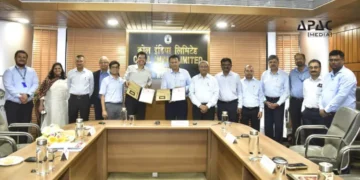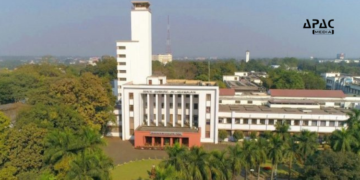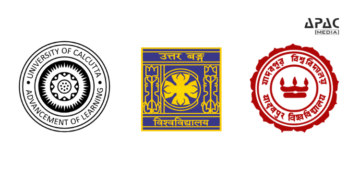New Delhi: The Directorate General of Health Services (DGHS) and the Union Health Ministry have reviewed the cases of Chandipura virus and Acute Encephalitis Syndrome (AES) reported in Gujarat, Rajasthan, and Madhya Pradesh. The review was conducted by Prof. (Dr.) Atul Goel, DGHS, alongside experts from AIIMS, Kalawati Saran Children’s Hospital, the National Institute of Mental Health & Neurosciences (NIMHANS), and officials from both Central and State surveillance units.
The govt. has planned to deploy a multidisciplinary central team comprising members from the National Centre for Disease Control (NCDC), the Indian Council of Medical Research (ICMR), and the Department of Animal Husbandry and Dairying (DAHD). The move is aimed at supporting Gujarat in these investigations. The experts emphasized the importance of comprehensive epidemiological, environmental, and entomological investigations into the AES cases in Gujarat.
Acute Encephalitis Syndrome (AES) includes a range of neurologic manifestations caused by various agents such as viruses, bacteria, fungi, parasites, spirochetes, and chemicals/toxins. Recognized viral causes of AES include Japanese Encephalitis (JE), Dengue, Herpes Simplex Virus (HSV), Chandipura Virus (CHPV), and West Nile Virus. Chandipura Virus, part of the Rhabdoviridae family, is known for causing sporadic cases and outbreaks in western, central, and southern India, particularly during the monsoon season, and is transmitted by vectors like fleas and sand flies.
































































Discussion about this post